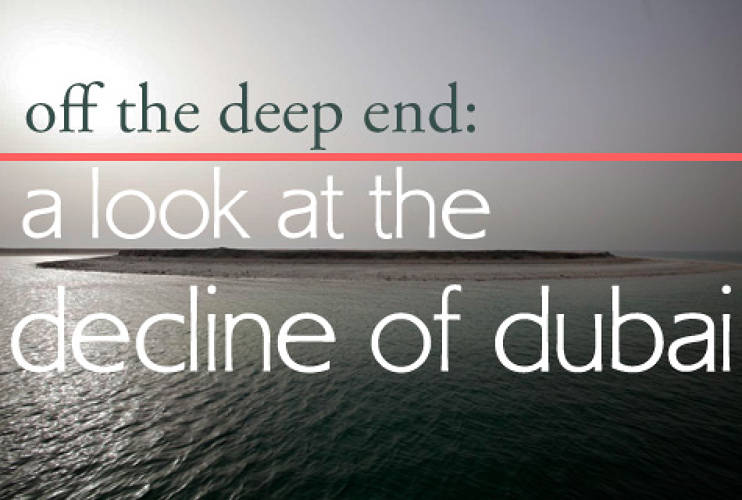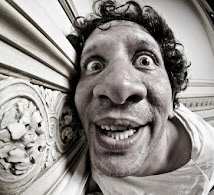LA FINE DEI PARADISI FISCALI COME LI AVEVANO CONCEPITI I NOSTRI NONNI! LA FINE DI DUBAI! I NUOVI PARADISI FISCALI 2.0

IL MONDO STA CAMBIANDO RADICALMENTE E SOLO SE LO SAI ANTICIPARE OTTIENI UN VANTAGGIO RILEVANTE..ALTRIMENTI VIENI SPAZZATO VIA.
LEGGETE COSA STA ACCADENDO IN SVIZZERA IN QUESTO ARTICOLO...ENTRO POCHI MESI A DUBAI E POI A PANAMA BAHAMAS ECC ECC..
ORA E' LA VOLTA DELLE INVESTIGAZIONI AMERICANE....PRESTO SARA' LA VOLTA DELL'EUROPA E OVVIAMENTE DELL'ITALIA...
NON FARTI TROVARE IMPREPARATO...LA MATTANZA E' INIZIATA..MA TU PUOI ANCORA USCIRNE INDENNE
CONSULENZA WMO S.A. AL TUO SERVIZIO.
soluzioni personalizzate
Voluntary disclosure
delocalizzazione patrimoni
delocalizzazione persone e imprese
set up di start up innovative
set up di societa' commerciali
investment advisory
real estate
tax planning
programmazione donazioni e successioni
PER UNA CHIACCHIERATA:
MERCATILIBERI@GMAIL.COM
335.6651045
SKYPE PBARRAI
At a rate of one or two a week, Swiss banks are doing what was once unthinkable: revealing to the world how they helped wealthy Americans cheat on their taxes.
Once bastions of secrecy, 41 Swiss banks signed amnesty agreements this year with the U.S. Justice Department that required disclosing the tricks they used to help customers hide assets, naming bankers and middlemen who enabled them and detailing the flow of untaxed money. They’ve also prodded thousands of reluctant Americans to disclose accounts hidden from the Internal Revenue Service.
The flood of information is now giving U.S. investigators intelligence to try to build new cases against individuals and institutions in other countries, said Caroline Ciraolo, the Justice Department’s top tax prosecutor. Financial institutions in Singapore and Israel are possible targets, according to lawyers and prosecutors.
“The money is moving out of Switzerland to a variety of jurisdictions,” said Ciraolo, an acting assistant attorney general. “We’re following leads and following the money, wherever that leads us.”
The Swiss amnesty program is part of a tax evasion crackdown that grew after 2009 when Switzerland’s biggest bank, UBS Group AG, paid $780 million to avoid prosecution, and the U.S. began criminal investigations of 14 other banks, including Credit Suisse Group AG.
2013 Offer Broadening the push, the U.S. in 2013 offered to forgo prosecuting any Swiss bank that came clean on tax-evasion tactics. So far this year, the 41 banks paid combined penalties of $354.5 million, with BSI SA paying the lion’s share, or $211 million. It’s the most non-prosecution agreements negotiated together, according to Brandon Garrett, a law professor at the University of Virginia who studies corporate prosecutions.
“Normally, I would be concerned about an expansion of non-prosecution agreements, but these cases really are special and difficult,” Garrett said. “It’s impressive how far U.S. prosecutors have gotten in the face of Swiss resistance.”
Martin Naville, chief executive officer of the Swiss-American Chamber of Commerce, said the settlement process has been difficult for many firms, with some feeling they’ve been “slighted and not treated very well.” But he said the penalties were smaller than what many banks had budgeted for.
That’s due in part to an unusual aspect of the amnesty program. Penalties are pegged to how many clients banks successfully pushed to reveal secret accounts and the firms that aided them. The more individuals who came forward, the less banks had to pay.
Another 40 or so banks may reach non-prosecution agreements this year, according to lawyers representing banks, as the amnesty program winds down. That will free investigators to turn to probing banks in other countries.
U.S. agents interviewed taxpayers who used a Singapore money management firm to hide assets from the IRS, said Bryan Skarlatos and Scott Michel, lawyers who separately represent some of those Americans. They wouldn’t identify the firm, and Ciraolo wouldn’t discuss it.
“Certainly, Singapore would be one of the jurisdictions that we’re looking at,” Ciraolo said.
Societe Generale SA’s Swiss private banking unit admitted in its settlement that it transferred assets of U.S. customers to “corporate and individual accounts at other banks in Switzerland, Hong Kong, Israel, Lebanon, Liechtenstein and Cyprus,” according to its statement of facts. The unit paid a $17.8 million fine. A bank spokesman declined to comment.
In its settlement document, Banque Pasche SA said that client money was transferred to banks located in Israel and Hong Kong “in an attempt to further escape detection.” An e-mail and phone call to the bank weren't returned.
Israeli banks have drawn special focus from the Justice Department. Last year then-Deputy Attorney General James M. Cole cited “an ongoing and extensive investigation” into hidden bank accounts in Israel. Bank Leumi Le-Israel Ltd. agreed to pay $400 million to resolve its criminal case.
The data coming directly from Swiss banks are supplementing a separate trove the IRS gathered from 50,000 U.S. taxpayers who disclosed their offshore accounts and paid $7 billion in back taxes, fines and penalties since 2009.
The 41 non-prosecution agreements, posted on the Justice Department’s website, provide insight into tax-evasion tactics used by bankers in Switzerland, where it’s been a crime since 1934 to disclose client data. They opened numbered accounts to hide the true owners, held mail to avoid paper trails and let clients access their secret accounts through credit cards, a review of the amnesty statements shows. Banks also helped clients make cash withdrawals to avoid U.S. currency reporting requirements, or converted assets to gold held in safe deposit boxes.
Many clients disguised their money in entities set up in tax havens outside of Switzerland. Of 41 banks that settled, 18 held assets in corporations, foundations or trusts in Liechtenstein; 15 in Panama; 11 in the British Virgin Islands, and four in Hong Kong.
Some banks admitted that they accepted money from clients who were fleeing institutions that were already under investigation. Banque Pasche said it opened accounts for at least 20 U.S. taxpayers who came from (other Swiss banks under investigation, including) UBS and Credit Suisse.
LA FINE DEI PARADISI FISCALI COME LI AVEVANO CONCEPITI I NOSTRI NONNI! LA FINE DI DUBAI! I NUOVI PARADISI FISCALI 2.0
Iscriviti a:
Commenti sul post (Atom)









Nessun commento:
Posta un commento